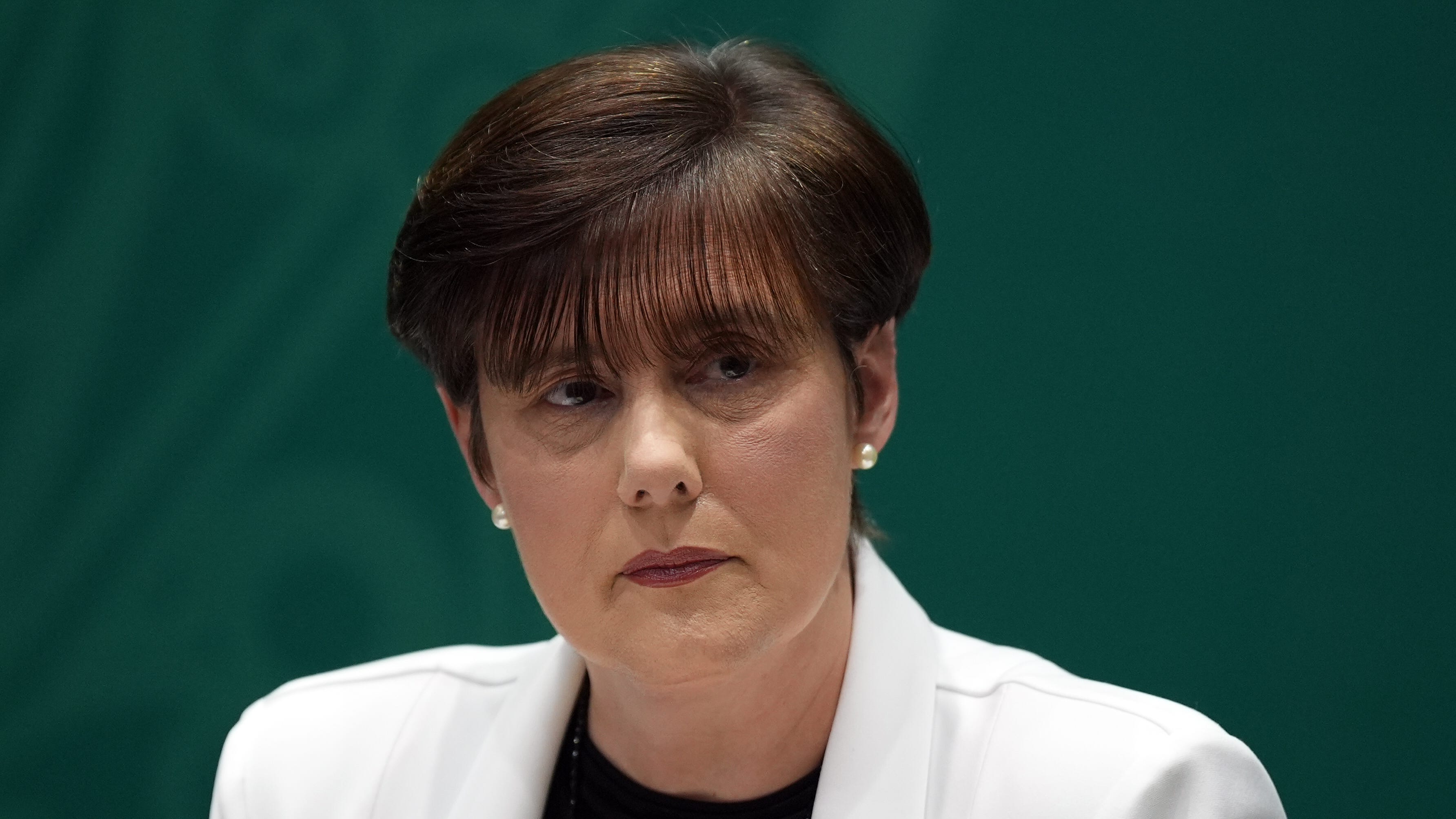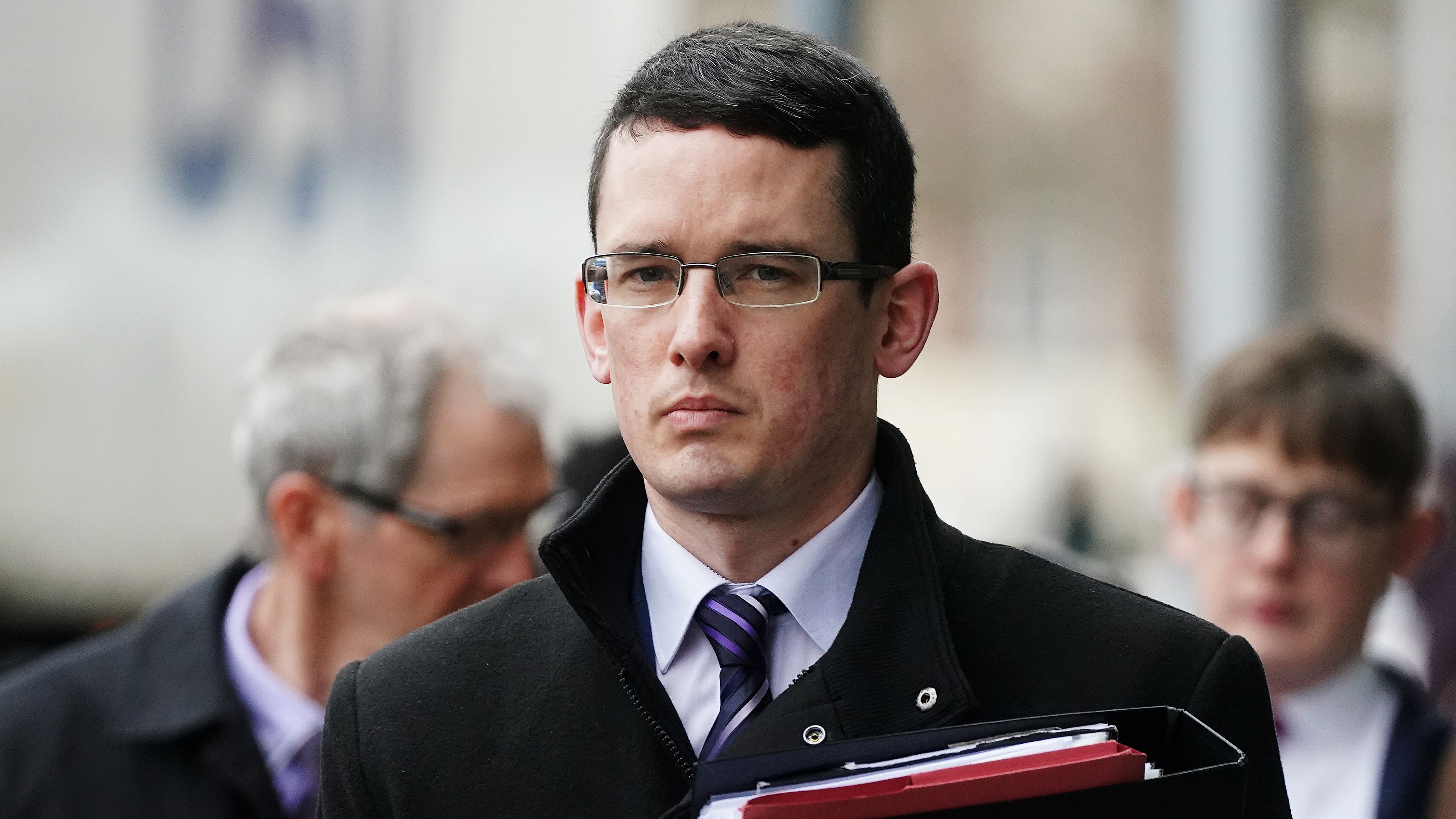
Proposed changes in this year’s Budget legislation led to speculation that the cost of alternative milks could be going up from next year.

A proposed new law has been incorrectly characterised as a ban on trade with the state of Israel.

Workbook activities for 10-year-olds produced before Norma Foley’s tenure as Minister for Education are in line with original curriculum standards.

Enoch Burke has started his third stint in prison.

Proposed changes in this year’s Budget legislation led to speculation that the cost of alternative milks could be going up from next year.